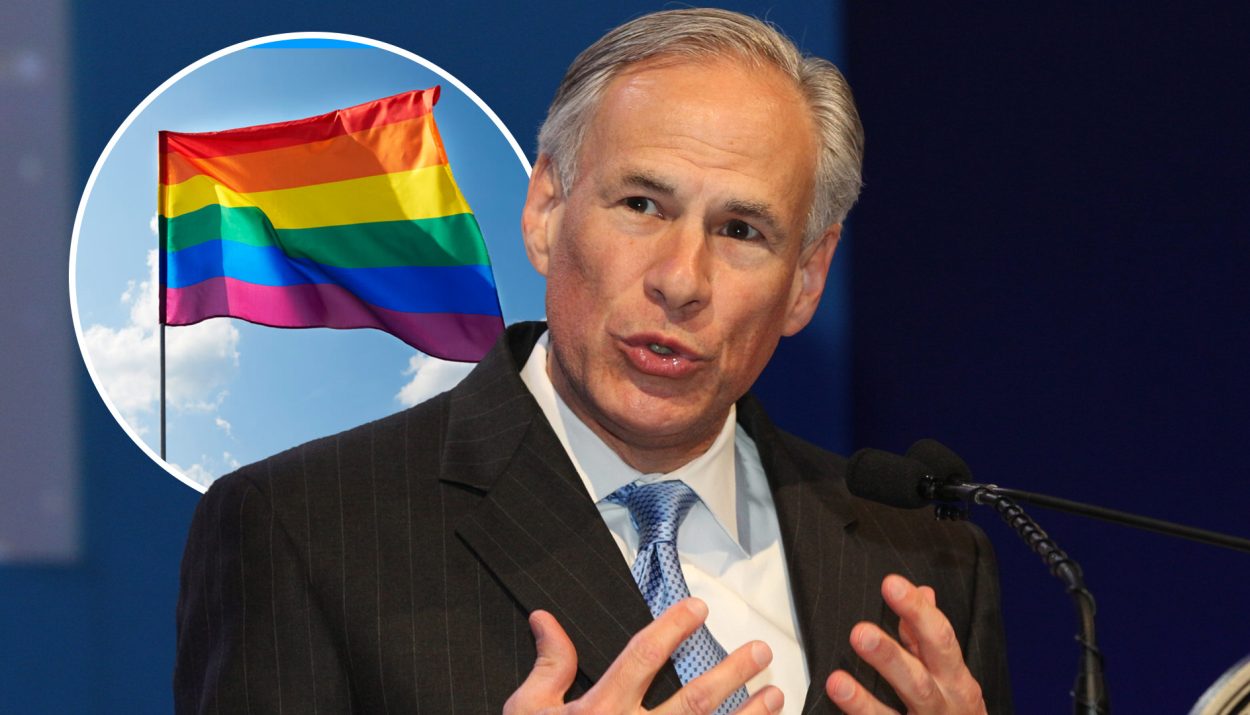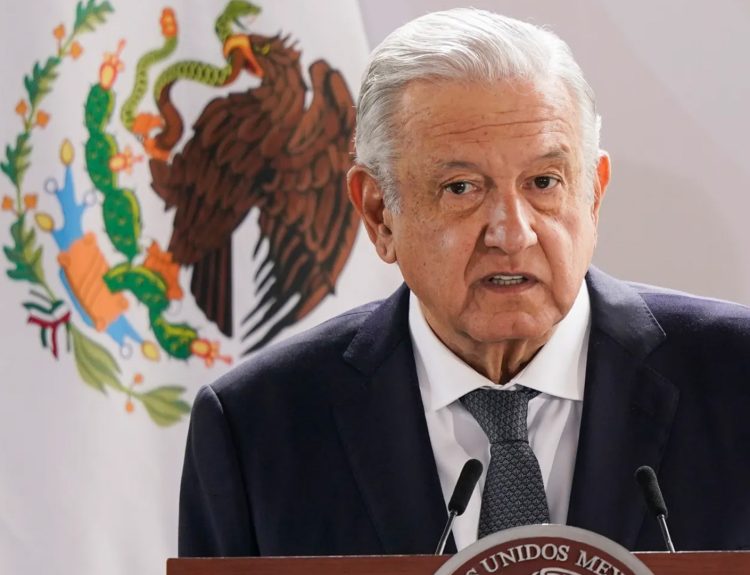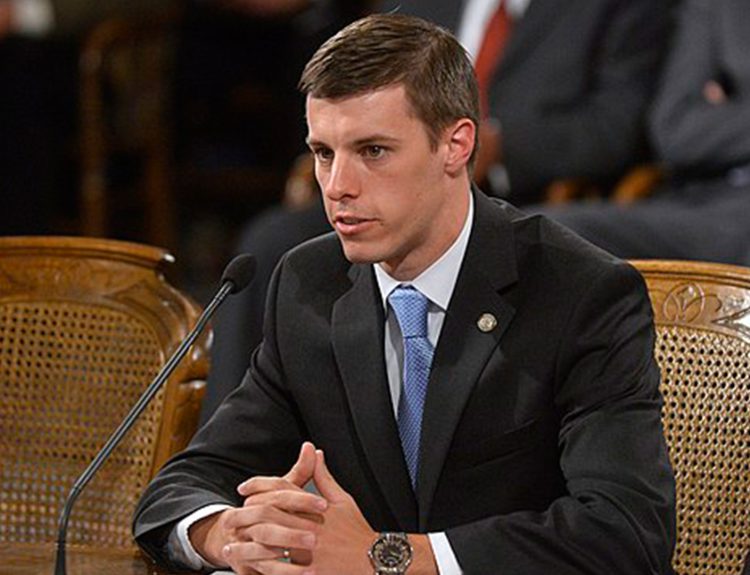Gay, transgender, and human rights groups sent a letter to the United Nations. In the letter, they accused the state of Texas of engaging in systemic discrimination against people in the LGBTQ+ communities of the Lone Star State. Not surprisingly, Governor Greg Abbott was quick to strike back and he didn’t pull punches in his response.
What Did The Letter Say?
The letter to the UN was written after gay advocacy groups became alarmed by legislation in Texas. Specifically, they said they wanted to “to raise alarm about the deteriorating human rights situation for LGBTQIA+ persons in the state of Texas.” While Abbott was dismissive, it’s undeniable that Texas legislators have been targeting the LGBTQ+ community.
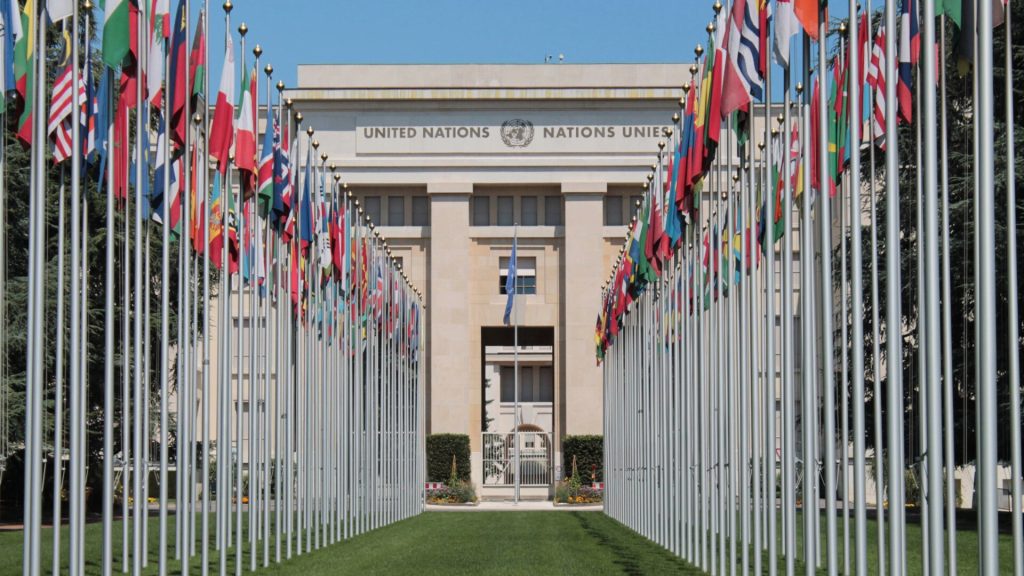
The letter went on to say that Texas has engaged in “hostile rhetoric and legislation from the Texas state government.” They cited seven laws that have been passed in the most recent session. Some laws target medical care while others make it impossible for Texas municipalities to pass their own non-discrimination ordinances without approval from the state.
Which Groups Signed The Letter To The UN?
Five organizations in Texas signed the letter that was sent to the United Nations. They included Equality Texas, ACLU of Texas, the Human Rights Campaign, GLAAD, and the Human Rights Clinic at the University of Texas Austin School of Law. These organizations and their members have found it impossible to ignore the wave of legislation targeting their communities.
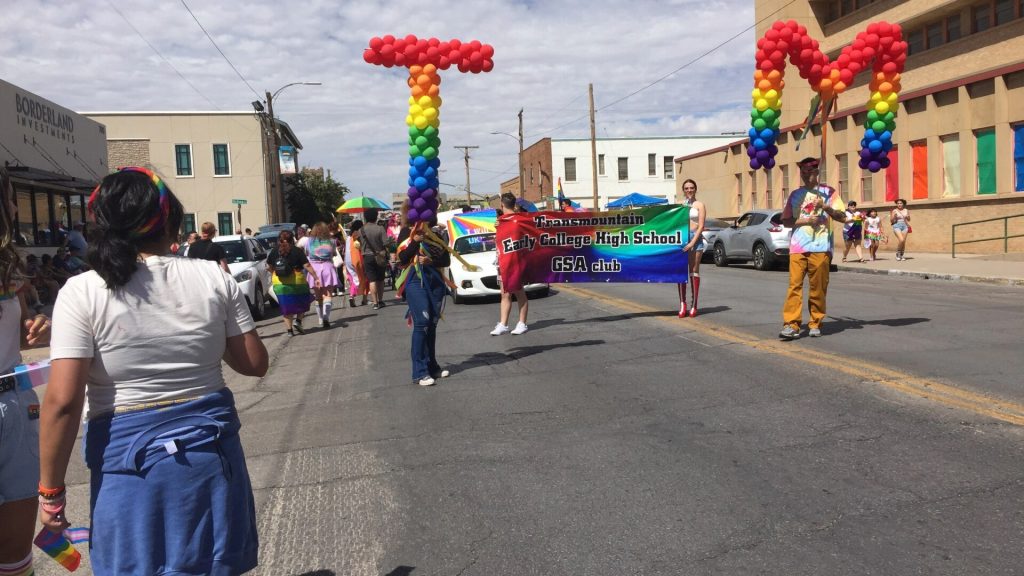
The letter pointed out that the laws they cited are “a systemic attack on the fundamental rights, dignities, and identities of LGBTQIA+ persons” that could allow for further discrimination by both “public and private actors.” They concluded by asking the UN to investigate the “backsliding of human rights in Texas” and work with the US government to address the issue.
What Laws Did The Letter Refer To?
The letter to the UN cited seven specific laws that have been passed in Texas. These include a bill to ban gender-affirming care for transgender youth and one that restricts the participation of transgender athletes in college sports. There’s also a law that targets drag shows, which is something other states have done.
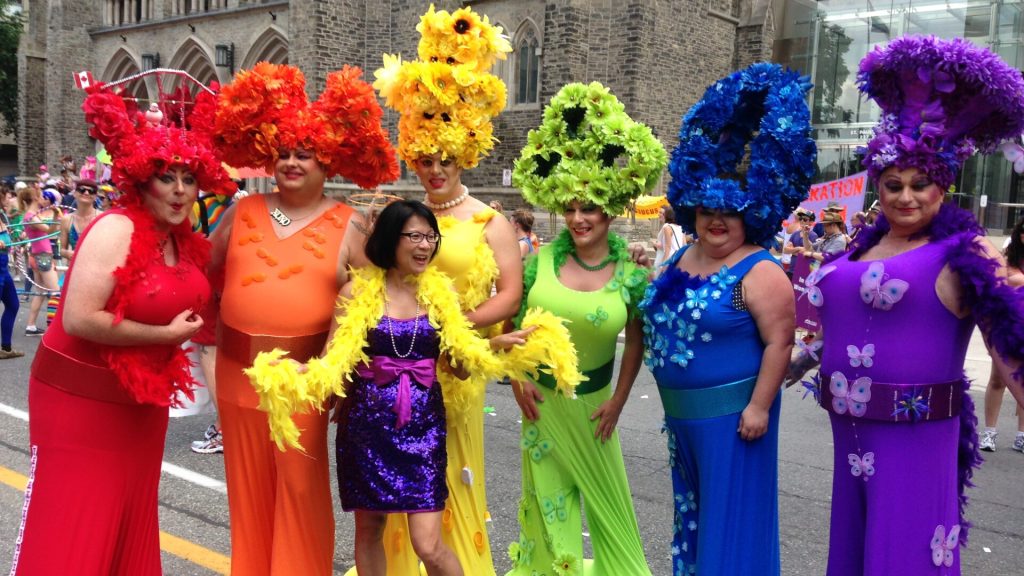
Other laws include one that bans public universities from having DEI (diversity, equity, and inclusion) programs that protect minorities. Another law that indirectly targets gay people is one that allows Texas schools to substitute religious chaplains for trained counselors. When taken together, it’s easy to see these laws as an attack on LGBTQ+ rights.
What Was Governor Abbott’s Response?
Governor Greg Abbott is known for his bluntness. When the CEO of Equality Texas released the open letter to the media, Abbott took to X (formerly known as Twitter) to offer his two cents’ worth of feedback. His response wasn’t surprising, but it could be taken as dismissive of the concerns of Texans in the LGBTQ+ community.
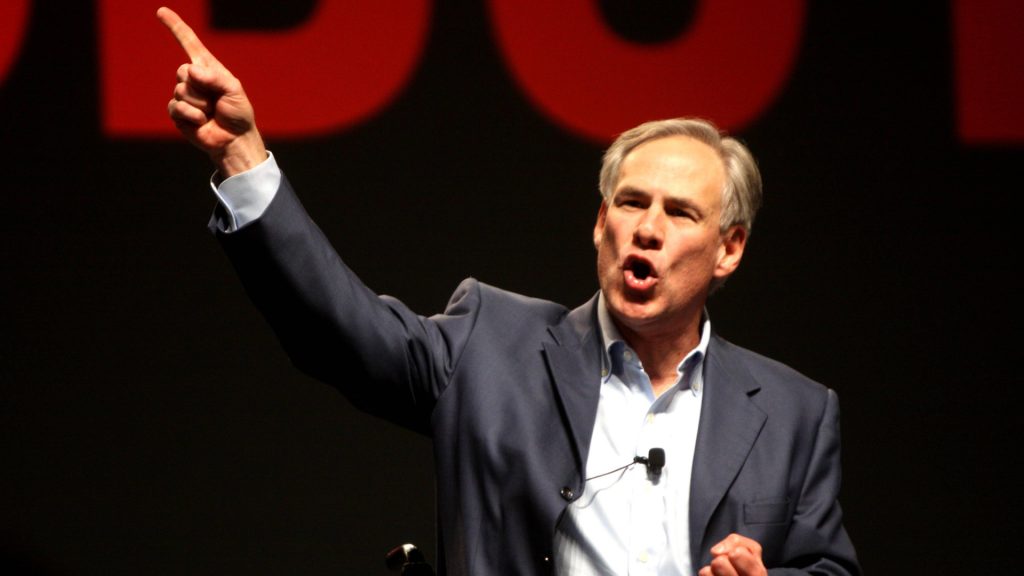
“The UN can go pound sand,” Abbott said in his Tweet. He reserved his anger for the UN, which is interesting given that they were the recipient of the letter and not the writers. He didn’t elaborate on his response, nor did he address the concerns of his constituents who wrote the letter.
How Did People Respond To Abbott?
Abbott received a mixed response to his brief Tweet. Some of the people who replied and reTweeted him supported him. One wrote, “The US needs to cut ties with the UN.” Blaming the UN was a common theme. Others, however, took aim at Abbott. Some questioned why he was targeting the UN instead of the groups that wrote the letter.
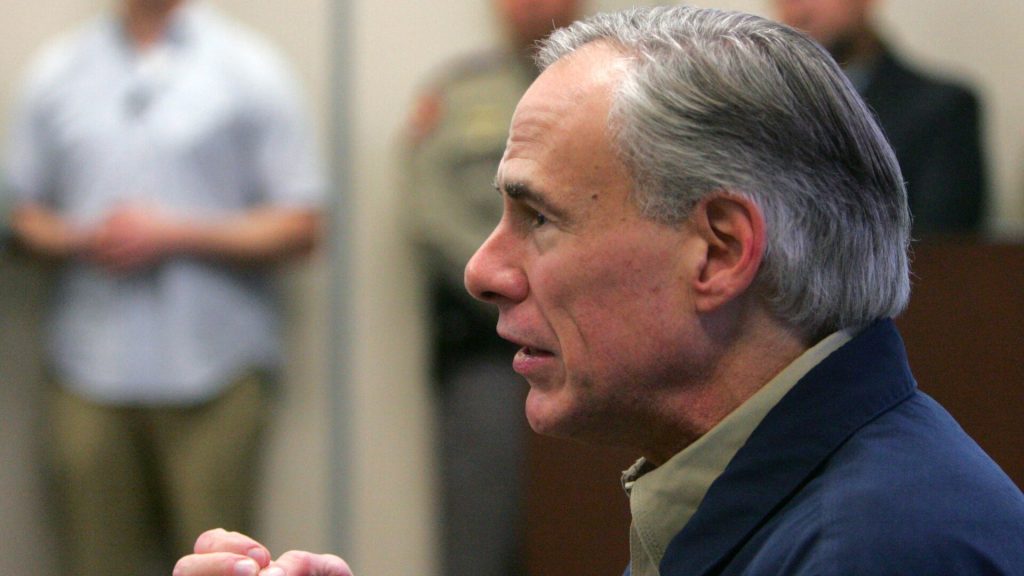
One person hit hard at Abbott, saying, “I don’t understand why you’d say something so anti-democratic.” It’s possible to look at Abbott’s statement as a knee-jerk and defensive reaction. It’s also possible to see it as a complete dismissal of legitimate concerns about human rights in the state he leads. For gay rights activists, it felt like the latter.
Who Released The Letter To The Public?
You might be wondering who decided to make the letter to the UN public. It was Ricardo Martinez, CEO of Equality Texas.. His statement said, “Our state is slipping behind global human rights standards that have been in place for nearly 50 years.” It’s difficult to see how anti-LGBTQ+ laws in Texas and other states fit in with those standards.
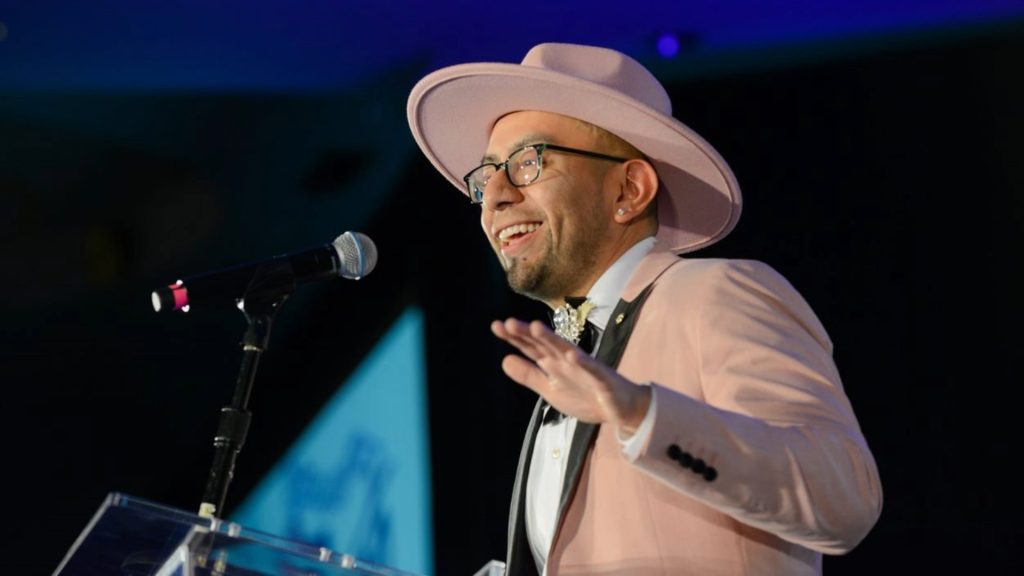
Martinez went on to say, “Texas is dragging our nation into a human rights crisis that will do more than damage our global reputation, it will harm our LGBTQIA+ neighbors at home.” Reading between the lines, Martinez’s statement calls into question how Texas views our right to “Life, Liberty, and the Pursuit of Happiness.”
Has The UN Responded To The Letter?
The UN has not yet responded to the allegations in the letter it received. On their website, they say that the UN’s aim is to promote “peace, dignity, and equality on a healthy planet.” There have been many times when the UN has encouraged nations to eliminate discriminatory laws and protect LGBTQ+ citizens.
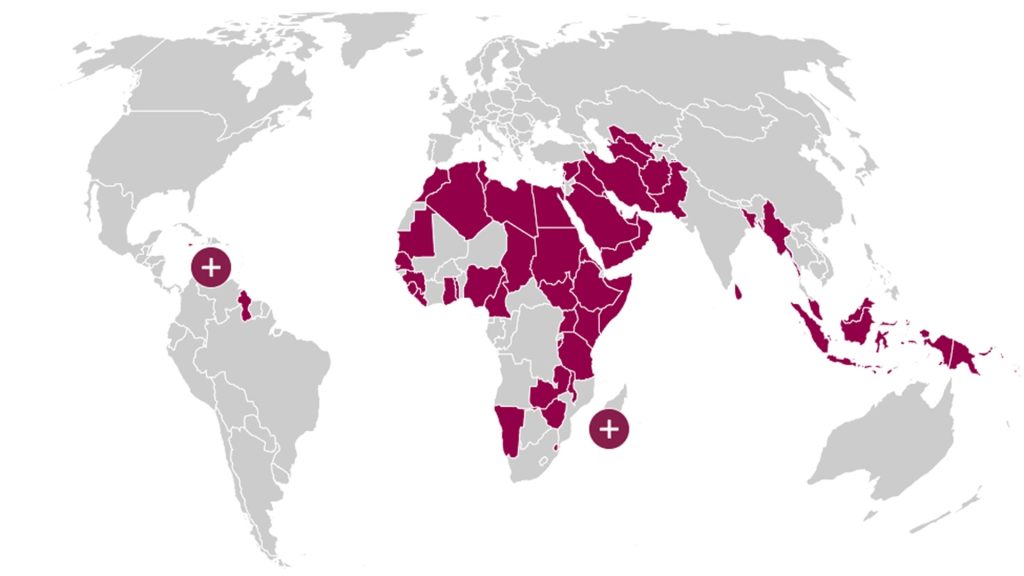
The UN has a dedicated page on its website to discuss LBGTQ+ rights. It points out that people in the LGBTQ+ community are “singled out for physical attack – beaten, sexually assaulted, tortured and killed.” It goes on to say that 77 countries still have statutes that outlaw same sex relationships and activities, and five of them punish violations with death.
What Should The US Do To Protect LGBTQ+ Rights?
One of the issues pointed out in the UN letter was that the United States federal government hasn’t gone far enough to protect its most vulnerable citizens. The Trevor Project, a nonprofit organization that helps non-binary and transgender youth, points out that 20% of trans and non-binary kids attempt suicide. The rate for the general population is 0.7%.
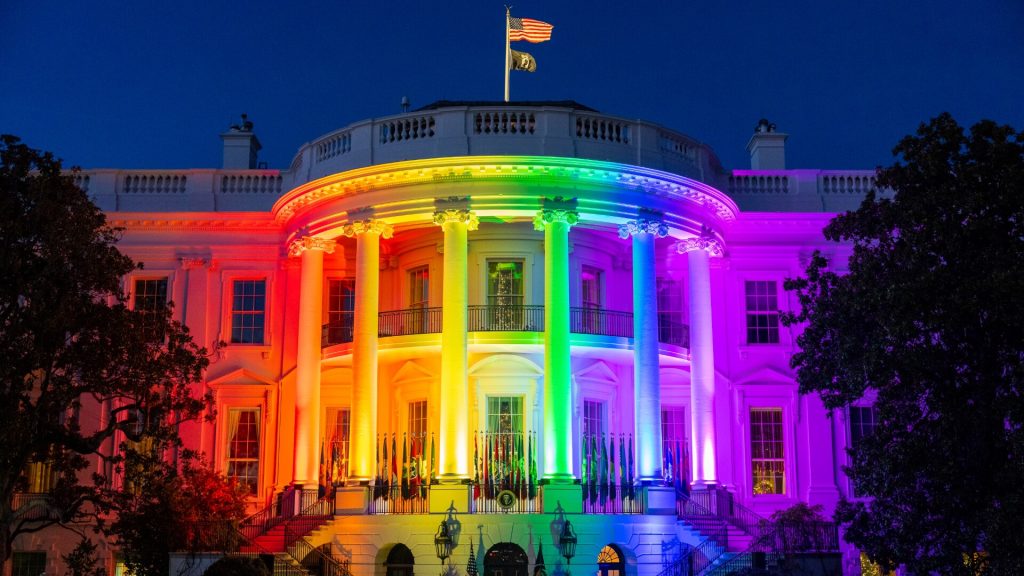
One of the biggest areas of contention has to do with the inclusion of trans people in sports. But even large companies are in the firestorm. Bud Light recently was attacked on social media for including a transgender woman in one of their marketing campaigns. One thing’s for sure: we can expect more conflict before these issues are resolved.

